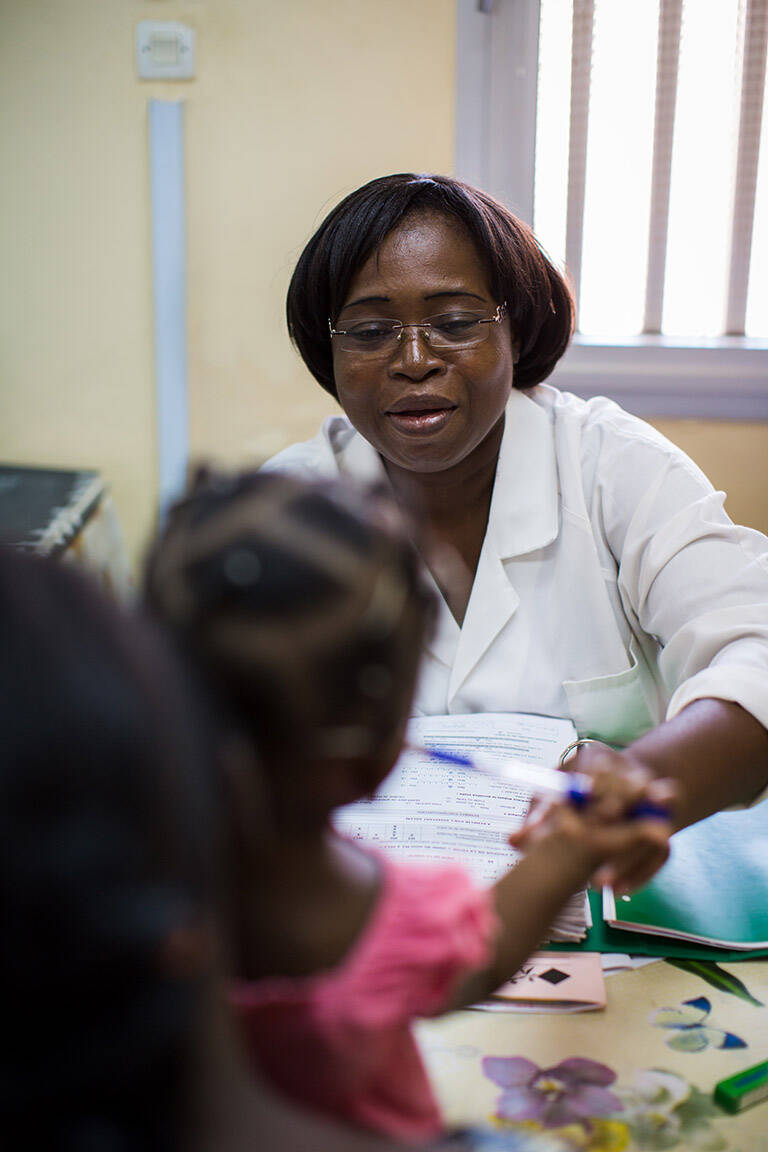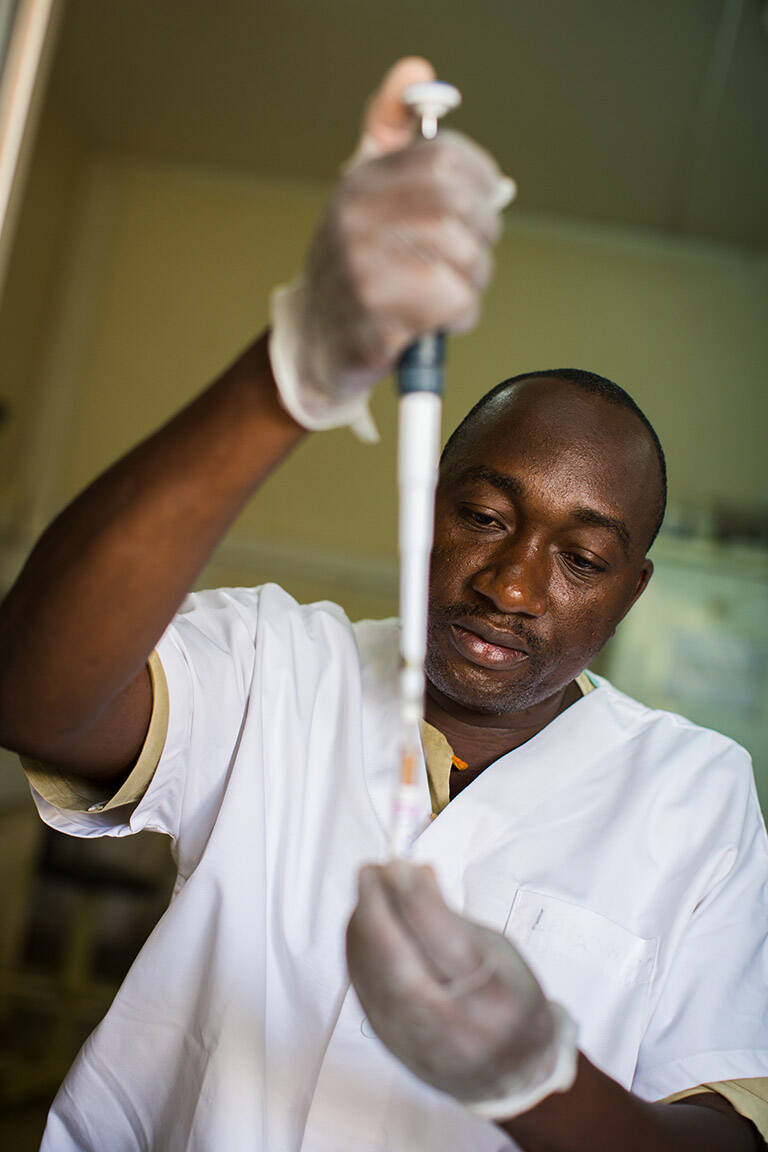
The OPT-SMC project also provided a platform for two COVID-19-related projects, funded by the Wellcome Trust and the WHO Special Programme for Research and Training in Tropical Diseases (TDR). These included a study revealing remarkable success in maintaining SMC in 2020, with more than 30 million children reached. In addition, video training tools were developed in French, English, Portuguese and Hausa, illustrating key steps that distributors should follow when administering SMC during the pandemic.
Activities have included community consultations in two districts of Guinea, which found that some people in mining areas were suspicious that a free treatment was being given to healthy children, and were concerned about drugs being provided by people from outside their community. These factors were used to inform local SMC activities in 2021.
Also in 2021, work continued on a case control study in northern Benin. By comparing the treatment history of cases and controls, the research team will be able to assess the effectiveness of SMC in the region.
In Ghana, an analysis of data collected in 2020 showed that 88% of children eligible for four treatments actually received the full course. Coverage was very low among older children (1%) and a range of supply- and demand-side barriers to SMC uptake were identified. Again, these are being used to inform the design of local SMC activities.
A further eight countries (Burkina Faso, Cameroon, Chad, Mali, Niger, Nigeria, The Gambia and Senegal) developed protocols for implementation research activities in 2021. OPT-SMC is also working with the WHO Global Malaria Programme on the development of an SMC module within the health information system that all countries use for malaria surveillance. This will enable countries to better track and analyse their SMC activities.
scroll down
Implementation research can be used to identify and overcome the barriers that affect successful implementation of disease control interventions. The OPT-SMC project is working with national malaria control programmes in the 13 countries that have introduced SMC, as well as international and national partner organisations, on a range of implementation and operational research activities to improve the efficiency and coverage of national SMC programmes.
Seasonal malaria chemoprevention (SMC), where all children are given antimalarial drugs at times of the year when malaria transmission is most intense, is known to be an effective strategy for reducing the burden of malaria. It has been adopted by multiple countries in sub-Saharan Africa, but coverage is suboptimal – only around half of eligible children actually receive SMC.
The OPT-SMC project has been organising a wide range of implementation research activities to enhance the effectiveness of seasonal malaria chemoprevention across 13 sub-Saharan African countries.

Enhancing seasonal malaria control programmes
